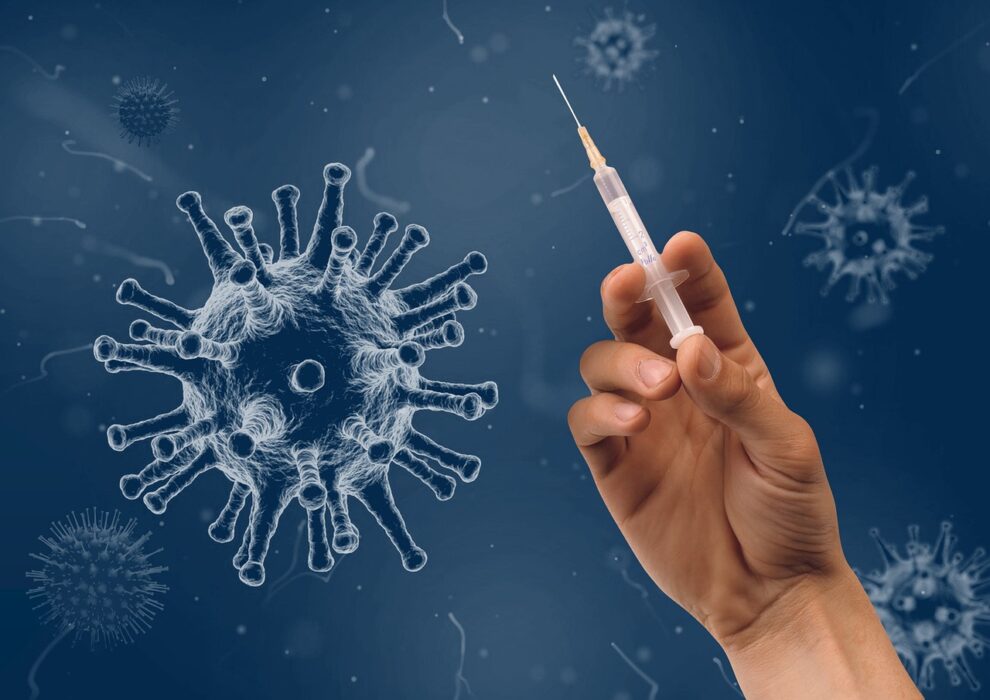German manufacturer BioNTech on Monday said it had completed a key step in setting up its first vaccine production hub in Africa aiming to boost access to mRNA jabs on the continent.
The pharmaceutical company said it had set up a production unit to make vaccines for protection against various diseases in Africa.
The facility in the Rwandan capital Kigali is made from recycled shipping containers and sits on 35,000 square metres (8.6 acres) of land.
BioNTech, which developed and marketed a coronavirus vaccine together with the US pharma company Pfizer, said it expected to finish building the factory in 2024 and begin operations the following year.
The $150-million project, which broke ground in June last year, marks a multi-agency attempt to avoid a repeat of Africa’s huge dependence on imported vaccines exposed by the Covid-19 pandemic.
“The consensus at first was that mRNA vaccines could not even be administered in Africa. It was said to be too complicated for our health systems,” Rwandan President Paul Kagame said at a ceremony attended by European Commission chief Ursula von der Leyen among other dignitaries.
“When we embarked on this journey to manufacture these vaccines on the continent, we were told that it would take a minimum of 30 years. That was all wrong. It is possible, and it is necessary,” said Kagame.
BioNTech said it expects to employ about 100 local staff when the factory is fully up and running and train them in making a host of new vaccines using the latest mRNA technology.
The Covid-19 pandemic provided a crucial testbed for the fledgling mRNA technology, demonstrating how a safe and effective jab could be created at lightning speed compared with years for traditional vaccines.
Rwanda will distribute the vaccines to the 55-member African Union bloc.
Africa’s first mRNA vaccine hub was launched in April in the South African city of Cape Town.
Set up with the support of the World Health Organization, the Cape Town project is run by South African bio-pharmaceutical company Biovac, biotechnology firm Afrigen and the South African Medical Research Council.
The hub has the potential to expand manufacturing capacity for other vaccines and products, such as insulin to treat diabetes, cancer medicines and, potentially, vaccines for diseases such as malaria, tuberculosis and HIV.
